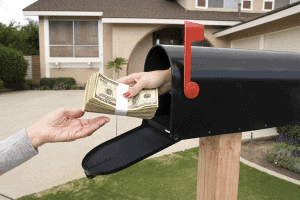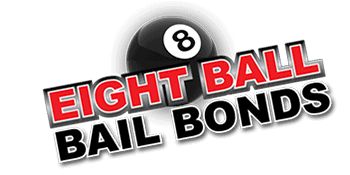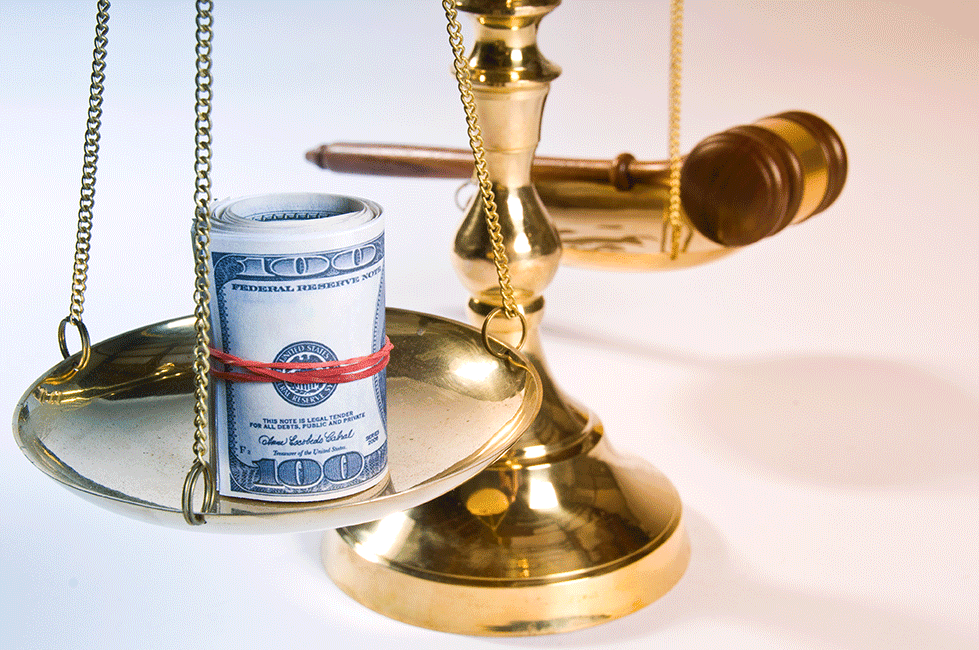Bailing someone out of jail, or bailing yourself out of jail, is a big financial setback. The amount of money set by the court is certainly no joke, especially for the mere commitment (which most right-thinking people definitely would want to uphold) of appearing in all the scheduled court meetings. Now, the question is, do you get bail money back once the case is over?
Yes, you can, but this is not the case all the time; it can be different for some cases and cities. Typically, though, cash bail is returned at the conclusion of the case when the defendant has appeared as scheduled in court as specified by the judge. Once the case has wrapped up, the judge releases an order for the return of the bail or refund. The City Department of Finance then issues a check to the person who deposited the bail, be it the defendant or the bail bondsman. It’s basically the same procedure if a property bond was used instead of a cash bail; the Court will exonerate the bond, and this simply means that it will release any claim to the property used as bond.
 For you to get your bail money or property bond back, all you have to do is wait for the bail refund to be mailed to your address within 30 working days after the disposition of the case or after the order of exoneration. The City Finance Department usually issues the check and mails it within two weeks after the court’s order, so all in all, before you actually get your hands on the refund claim, you’re likely to wait another 20 to 30 business days. If the refund doesn’t get mailed within that time period, you can go ahead and contact the city’s Department of Finance.
For you to get your bail money or property bond back, all you have to do is wait for the bail refund to be mailed to your address within 30 working days after the disposition of the case or after the order of exoneration. The City Finance Department usually issues the check and mails it within two weeks after the court’s order, so all in all, before you actually get your hands on the refund claim, you’re likely to wait another 20 to 30 business days. If the refund doesn’t get mailed within that time period, you can go ahead and contact the city’s Department of Finance.
Now, if the case ended in a conviction for the defendant, you will not be getting a full refund of the amount posted for bail because three percent of the amount will be taken by the government.
Also, if the defendant fails to honor the conditions of the bail and does not come to court as required, the bail he posted will be “forfeited” or absorbed by the city. If the defendant hired a bail bondsman, though, the bail bondsman can apply for a “remission of forfeiture” for the bail to be returned to him. This, however, must be done within one year from the date that the court ordered the bail forfeited.

